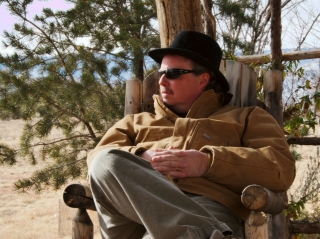The Best of Deep Purple: The Millennium Collection
Deep Purple
Mercury
Well, this isn’t the best of Deep Purple, but at least it is the best-known lineup (Deep Purple Mark 2, as it is known by fans). Guitarist Ritchie Blackmore, vocalist extreme Ian Gillian, Jon Lord, keyboards and seeming inspiration for Spinal Tap (look at the pictures on this thing…), bassist Roger Glover, and drummer Ian Paice. This is the lineup that gave us “Smoke on the Water,” “Child In Time” (both included here in live versions from 1988’s Nobody’s Perfect), “Space Truckin'” and on and on. Classic hard rock, propelled by the blues-soaked guitar of Blackmore and the vocals of Ian Gillian, one of rock’s best screamers. When the band reformed in the ’80s, they released three records, and it’s material from these favorites of early MTV that this collection is drawn. A few moments of “Knocking at Your Back Door” or “Perfect Strangers” will bring back memories of video excess, but a few moments is really all you need. If you’re a fan of Purple then you already have this stuff, although “Son Of Alerik”, a ten-minute guitar noodlefest B-side is included (but not particularly necessary), and if you are looking for the “best” of one of hard rock’s founders, dig further back in the catalog. They have around 150 albums in print, so it shouldn’t be too difficult to find a better collection than this. Hell, just buy Made In Japan, one of the all-time great live albums, and be done with it.
Originally published Ink 19, 2002

